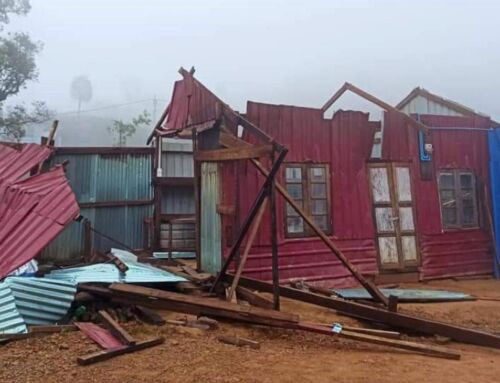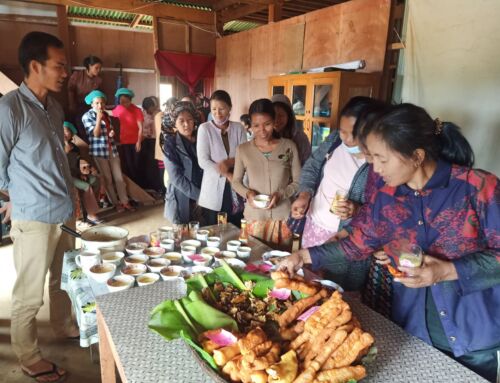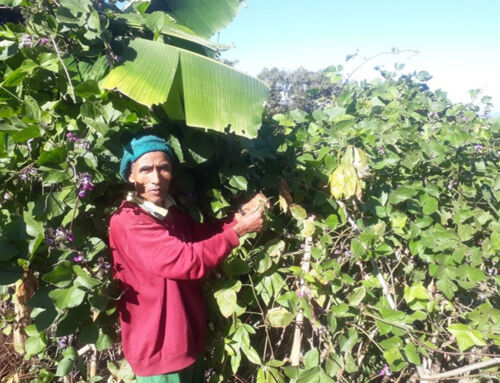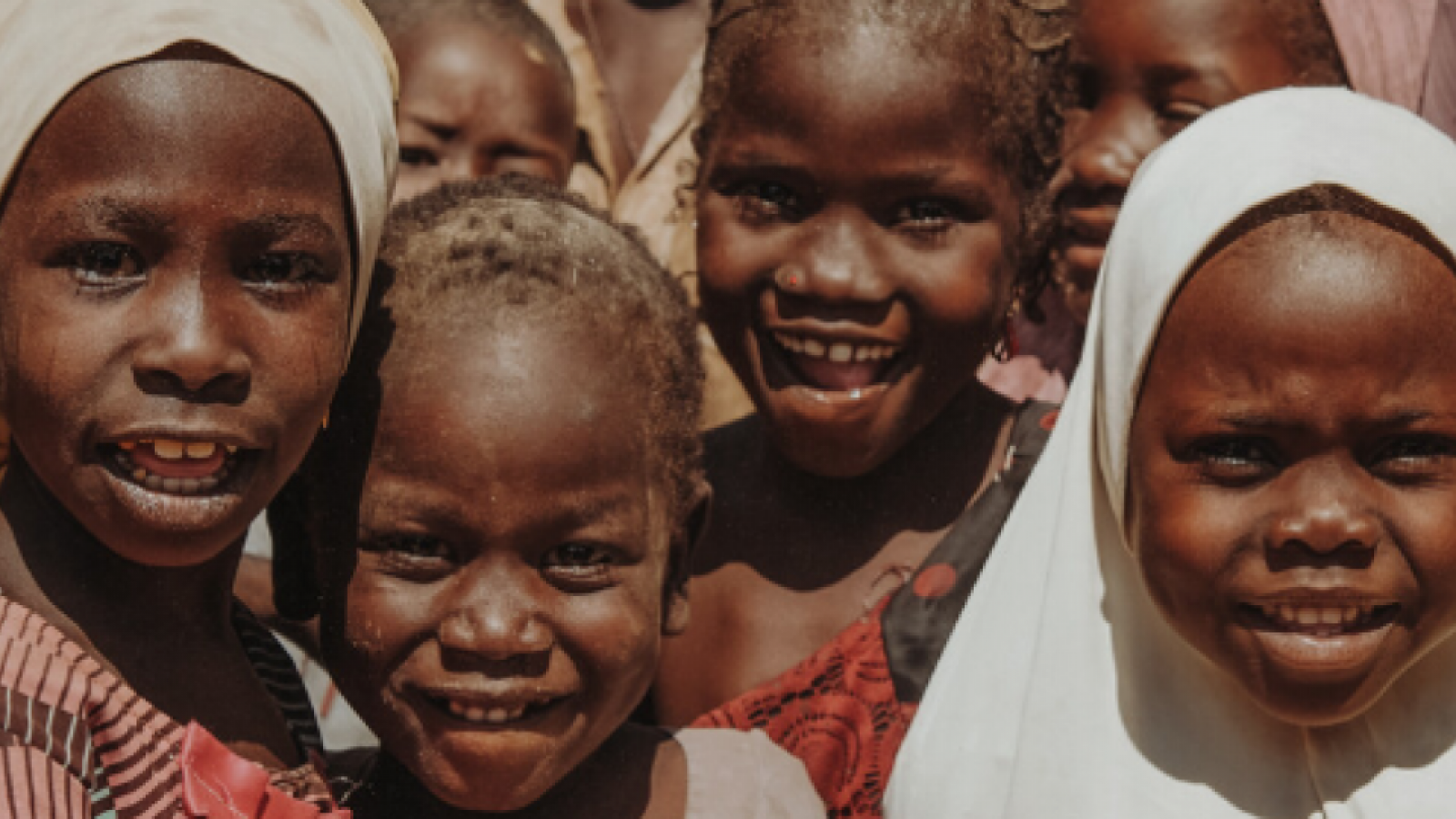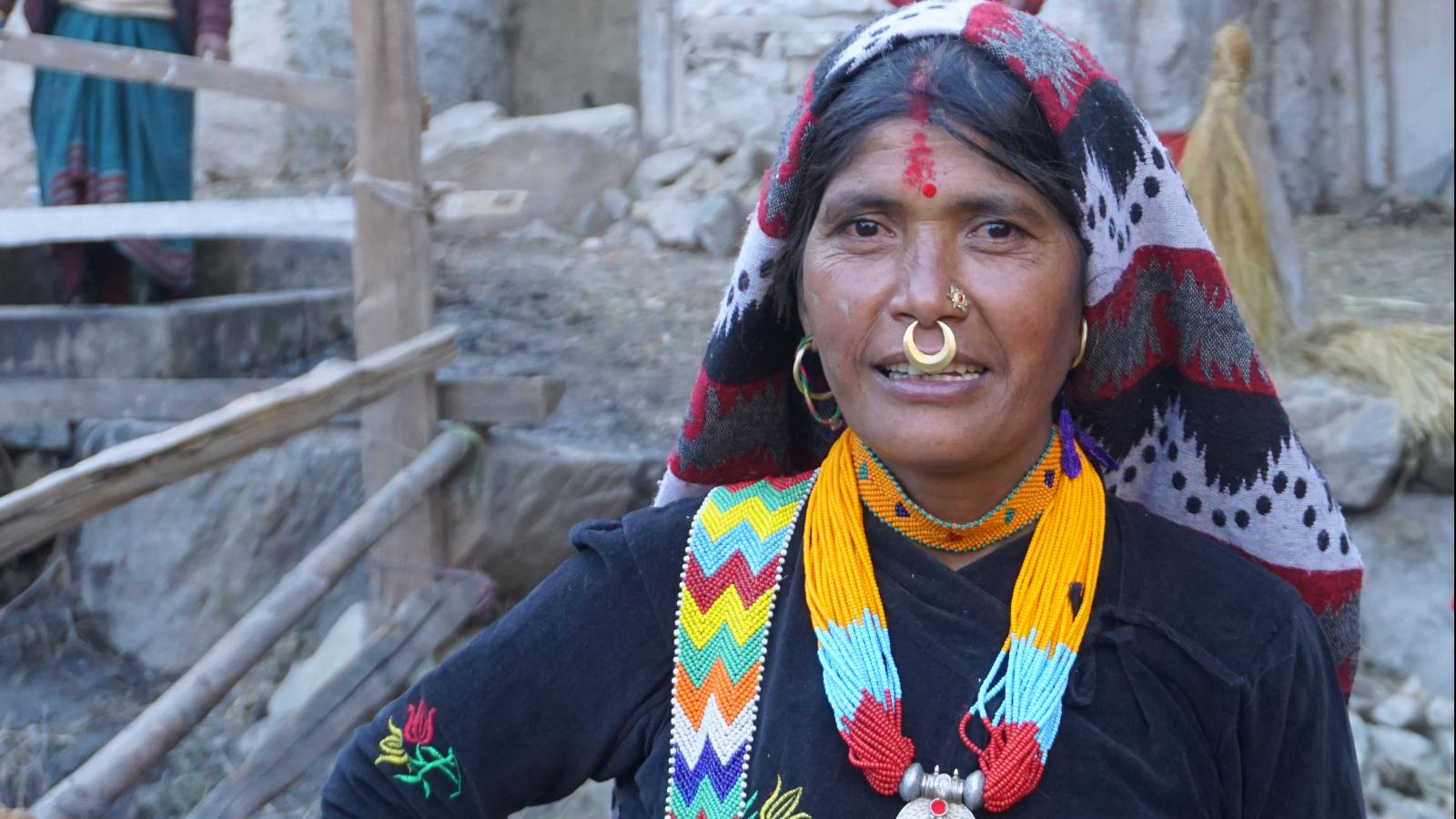The Mara people struggle with poverty and isolation in the rugged mountain region of northwest Burma. Until the visit of Mission East field workers in February 2013, only two other Europeans had visited this area since 1938!
One of the Mara people’s greatest challenges is the lack of food in the area, and the high prices for basic goods because they have to be transported from far away on dangerous transport routes.
To help with the food shortages, Mission East is providing food for a boarding school where the Mara people’s children are offered a quality basic education. These children are the Mara community’s hope for a brighter future.
In humble wooden and bamboo buildings, in one of the most isolated parts of Chin State, some of Burma’s poorest people, the Mara people, have established a boarding school to improve their children’s access to education.
The children attending the school come from remote villages throughout the region where the Mara indigenous people live. The children typically have to walk for 2 – 3 days to reach the boarding school from their homes. At the boarding school, the children receive a better education than they would get in their own villages, and it provides an opportunity for the brightest students to complete high school and access university which they would not otherwise be able to do. The children commit to later return to their villages, and put their knowledge to use by helping their own people develop the area.
The boarding school cannot enrol all the area’s children. The students are therefore carefully selected, partly through an admission test, and partly on the criteria that 50 per cent should be chosen from among the poorest families. There is also a requirement for an equal number of boys and girls.
9-year-old Vangokhih (second from right) is in the 3rd grade at the boarding school. Prior to joining the school, she lived with her aunt and uncle, where she would be second priority for education among all her cousins. Her father is dead and her mother has remarried. The school provides Vangokhih with the opportunity to get an education.
The Mara people are a small population, mostly Christians, who inhabit the north-western part of Burma, a mainly Buddhist country. 98 per cent of the population survive almost exclusively from the food produced from their farms and collected from the bamboo forests. The area is one of the poorest and most neglected in Burma in terms of education, health and food.
What the students say about the school:
“Here I have peace of mind.”
“I am much smarter now than I was at home.”
“There is a good, safe environment here. I can study much more here than I could at home.”
“I like that we have extra English lessons here.”
When the bamboo died
In 2007, The Mara people’s situation changed for the worse. The bamboo, which is an important source of income for the community, bloomed and then died – a natural part of its lifecycle every 50 years. The fruits produced by the bamboo before dying are a favourite source of food for rats, and result in a sudden boom in the rat population. Unfortunately, when the bamboo dies, this huge rat population then turns to the farmers crops for food, devastating the food supply of the Mara people. The region still has not fully recovered from this crisis.
The rat infestation has worsened the children’s situation in several areas. Besides getting even less food, many of the children are taken out of school to help their family work on the farms and at home in the daily struggle to survive. Without school, the children are just as ill-prepared to cope with future challenges as their parents.
Increasing prices threaten school
The effects of the rat infestation, combined with inefficient methods of cultivation and changing weather patterns means that there is not enough food in the area. It also means that food is very expensive, because it must be transported to the area by motorcycle on the narrow mountain roads. For example, 1 kg of salt costs 200 kyat in one of the bigger towns in Chin State, but because transport to the Mara region costs 1000 kyat, the price on the local market is 1200 kyat. In comparison, a day’s wage is about 800 kyat (= approx. 5 DKK).
Parents are supposed to pay fees for children at the boarding school, but at least 30 per cent are not able to do so. Therefore, the school is now short of money to pay for the student’s meals. Without help, the future looks grim for the Mara people.
9-year-old Vangokhih (second from right) is in the 3rd grade at the boarding school. Prior to joining the school, she lived with her aunt and uncle, where she would be second priority for education among all her cousins. Her father is dead and her mother has remarried. The school provides Vangokhih with the opportunity to get an education.


